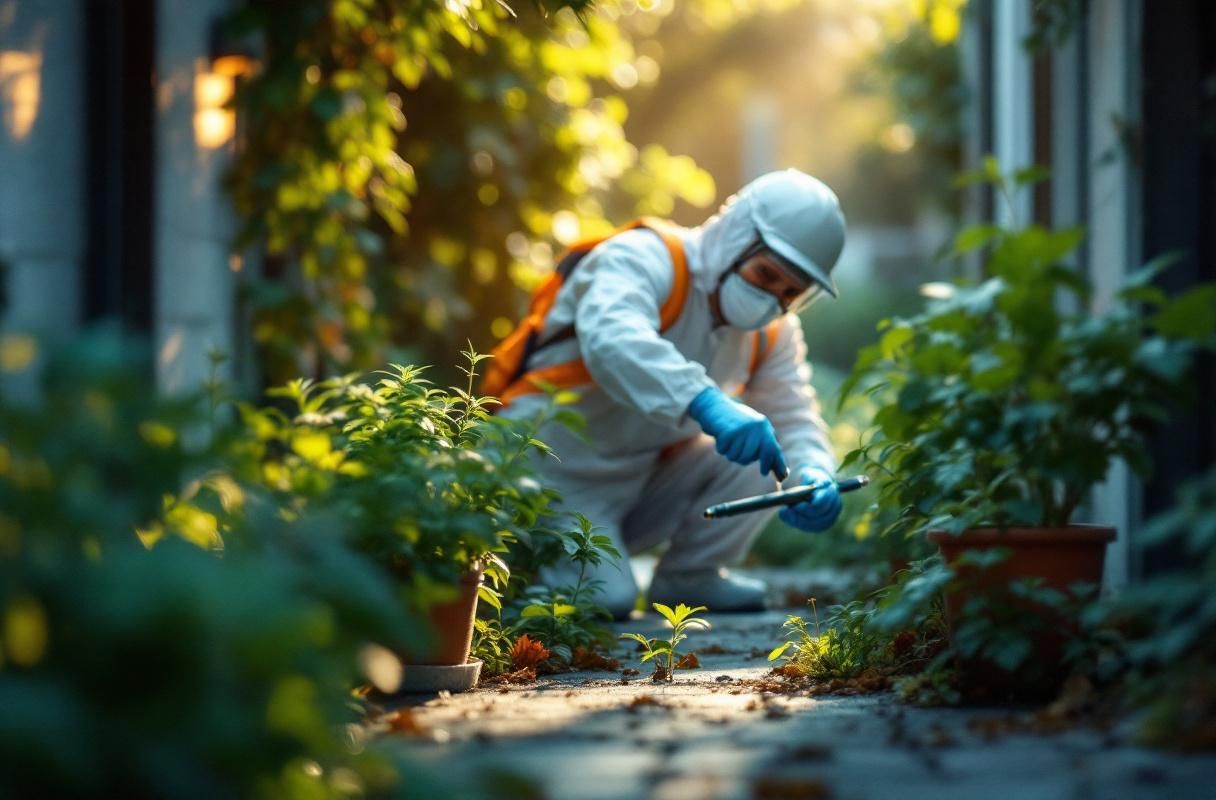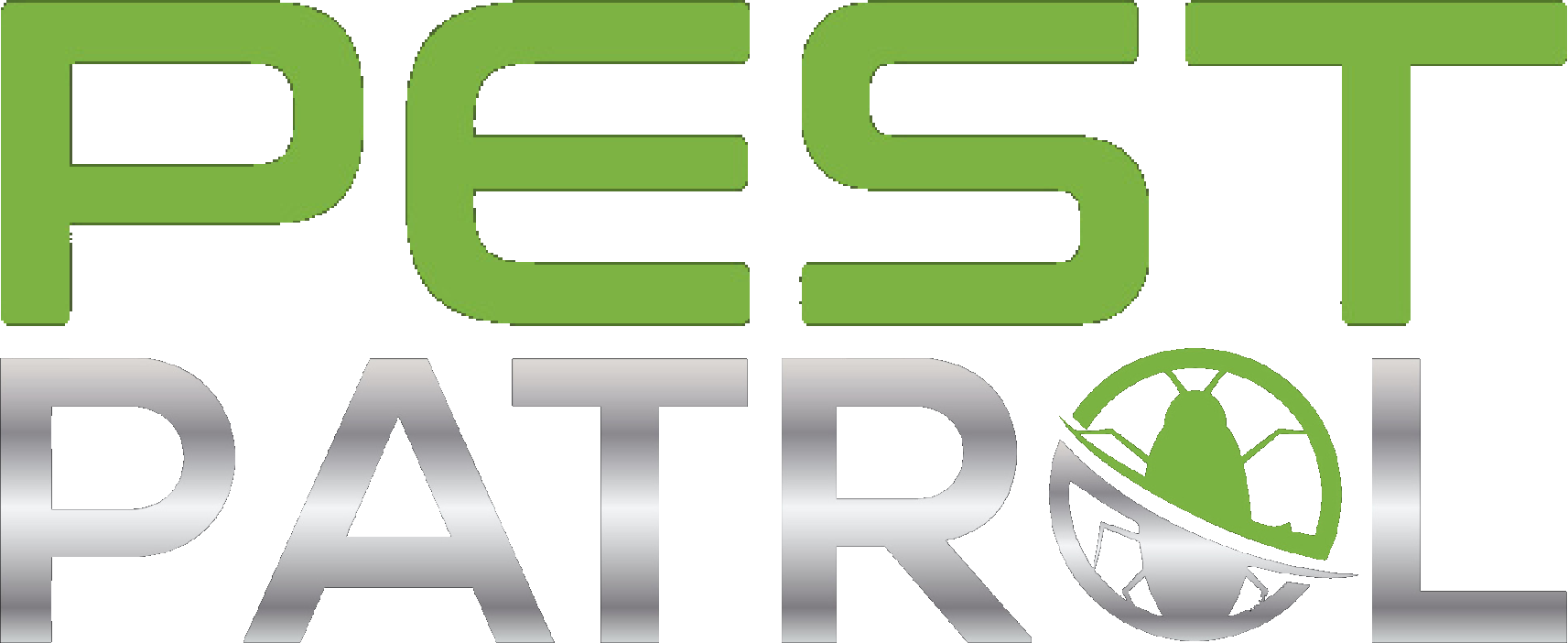In today’s competitive business environment, ensuring the integrity of your commercial space is paramount. One of the most significant threats that businesses face is pest infestations. Not only can pests cause physical damage to property, but they can also severely impact the reputation of your brand. Discover how smart pest control strategies can improve your business’s efficiency, safeguard well-being, and cut down on avoidable expenses.
How Pests Impact Business Operations and Reputation
Pests can infiltrate any commercial space, from retail stores to restaurants, and their presence can lead to detrimental consequences. A single pest sighting can turn away customers and tarnish a business’s reputation. For instance, a restaurant reported a decline in sales after customers posted negative reviews on social media due to a mouse sighting. This scenario underscores the importance of maintaining a pest-free environment.
Moreover, pests can disrupt day-to-day operations. For example, a warehouse overrun with rodents may experience delays in shipping and receiving goods, leading to customer dissatisfaction and financial losses. In some industries, such as food service and healthcare, the consequences of pest infestations can be even more severe, potentially leading to regulatory fines and shutdowns.
Negative Impact on Customer Perception
The presence of pests can alter how customers perceive your business. Many consumers now prioritize cleanliness and hygiene, especially in the wake of recent global health crises. A pest problem can create an impression of negligence and carelessness. This perception can result in lost customers and a tarnished brand image, which can take years to rebuild.
Regulatory Consequences
In addition to customer perception, businesses in certain industries must adhere to strict health and safety regulations. For example, restaurants are required to maintain a pest-free environment to comply with health codes. Failing to do so can lead to hefty fines or even the closure of the establishment.

Why Routine Pest Control Is Essential for Commercial Spaces
Routine pest control for businesses is not merely an option but a necessity. The proactive management of pests through regular inspections and treatments can prevent infestations before they escalate into larger problems. A pest control maintenance plan ensures that potential issues are identified early, allowing for swift action.
Establishing a Pest Control Maintenance Plan
Creating a pest control maintenance plan involves several critical steps:
- Initial Inspection: A thorough evaluation of the premises to identify potential entry points and signs of pest activity.
- Customized Treatment Plan: Developing a strategy tailored to the specific needs of the business based on the initial inspection findings.
- Regular Monitoring: Scheduling routine inspections to monitor for any signs of pest activity and adjust treatments as necessary.
By adhering to this structured approach, businesses can significantly reduce the risk of pest infestations and maintain a clean environment.
Benefits of Scheduled Treatments
Scheduled pest control treatments provide peace of mind for business owners. Knowing that a professional pest control service is regularly monitoring and treating the premises allows businesses to focus on their core operations without the looming threat of pests.
Health and Safety Benefits of Professional Pest Management
The health and safety of employees and customers are paramount in any business setting. Pests can carry diseases and allergens, posing a direct threat to workplace health. Effective pest control for businesses ensures a safe environment for everyone involved.
Reducing Health Risks
Pests like rodents and cockroaches can transmit diseases through their droppings, urine, and saliva. For example, the Hantavirus, which can be carried by rodents, poses severe health risks to humans. By implementing a professional pest management program, businesses can minimize these health risks, ensuring the safety of both employees and customers.
Enhancing Workplace Safety
In addition to health risks, pests can create unsafe working conditions. For instance, a pest infestation may lead to structural damage, such as chewed wires or weakened walls, increasing the risk of accidents. By investing in professional pest control services, businesses can maintain a safe and secure workplace.

Cost Savings from Preventing Infestations Early
One of the most significant advantages of pest control for businesses is the cost savings associated with preventing infestations early. The financial implications of a pest problem can be staggering, impacting everything from property damage to lost sales.
Understanding Pest Control Cost for Businesses
Many business owners mistakenly view pest control as an unnecessary expense. However, the cost of neglecting pest management can far outweigh the investment in preventive measures. For example, a single pest treatment may cost a few hundred dollars, whereas an infestation can lead to thousands in damages and lost revenue.
The Long-Term Financial Benefits
Investing in routine pest control not only protects against immediate costs but also contributes to long-term savings. Businesses that prioritize pest management can avoid the significant expenses associated with repairs, regulatory fines, and loss of customer trust. A proactive approach can lead to a more stable and profitable business model.
Industries That Benefit Most from Commercial Pest Control
While all businesses can benefit from pest control services, certain industries face heightened risks and consequences associated with pest infestations. Understanding these nuances can help business owners make informed decisions regarding pest management.
Food Service Industry
Restaurants and food processing facilities are particularly vulnerable to pest issues due to the nature of their operations. Regular pest control is essential in these environments to maintain health standards and protect customer safety. For instance, a restaurant may implement a pest control maintenance plan that includes monthly inspections to ensure compliance with health regulations.
Retail and Warehousing
In retail and warehousing, pests can lead to product damage and loss of inventory. Effective pest management can safeguard products from contamination and damage, ensuring that businesses maintain their bottom line. For example, a warehouse that implements a pest control strategy may see a reduction in pest-related losses, allowing for improved operational efficiency.
Healthcare Facilities
Healthcare facilities must adhere to strict hygiene standards, making pest control a critical component of their operations. A pest infestation in a hospital or clinic can jeopardize patient safety and lead to severe reputational damage. Regular pest control services help maintain a sterile environment, ensuring the health and safety of patients and staff alike.

Conclusion
In conclusion, the benefits of pest control for businesses extend far beyond simply eliminating pests. From protecting the reputation of the brand to ensuring workplace health and safety, effective pest management is crucial for sustainable business operations. By investing in professional pest control services and maintaining a proactive approach, businesses can save costs, enhance their operational efficiency, and create a safe environment for employees and customers alike.
If you’re ready to protect your business from the threats posed by pests, consider implementing a comprehensive pest control maintenance plan today. Consult with professional pest control services to develop a strategy tailored to your specific needs and ensure a pest-free environment for your operations. For further reading on pest management strategies, explore resources on evaluating the effectiveness of pest control or dive into industry-specific pest control solutions.


